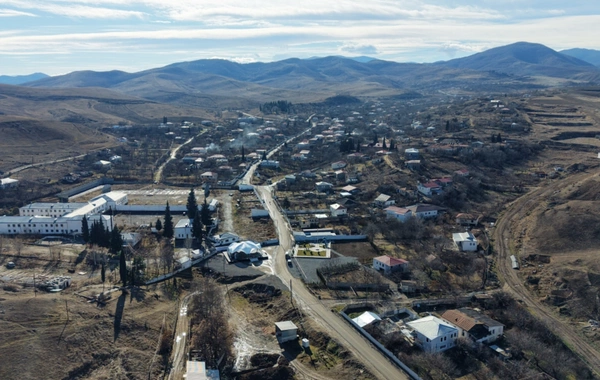Scientists have found the source of ancient life on Earth for the first time

Scientists from the Earth and Life Sciences Institute of Tokyo Institute of Science, led by Fatima Li-Hau and Associate Professor Sean McGlynn, have established that in conditions resembling ancient oceans, microbial communities obtained energy by using iron and small amounts of oxygen released by photosynthesizing cyanobacteria. This discovery helps understand the transitional stage when the byproduct of photosynthesis became a new energy source for living organisms. The results are published in the journal Microbes and Environments (M&E).
The Great Oxygenation Event occurred about 2.3 billion years ago when cyanobacteria began actively releasing oxygen during photosynthesis. This radically changed the composition of the atmosphere and biosphere, paving the way for the emergence of animals and plants. However, for ancient anaerobic organisms, oxygen was dangerous.
To recreate the conditions of those epochs, researchers studied five hot springs in Japan - in Tokyo, Akita, and Aomori. These waters are unique: they contain a lot of dissolved ferrous iron (Fe²⁺) and little oxygen, which corresponds to the environment of oceans before they became saturated with oxygen.
In four of the five springs, microaerophilic iron-oxidizing bacteria predominated, which oxidized ferrous iron (Fe²⁺) to ferric (Fe³⁺). Along with them, photosynthesizing cyanobacteria were present, albeit in smaller quantities. Only in one source did microorganisms with a different metabolic strategy dominate.
Metagenomic analysis allowed the reconstruction of more than 200 microbial genomes. It was found that some communities used iron and oxygen, while others were involved in key processes of carbon, nitrogen, and even sulfur cycling. Particularly unexpected was the discovery of the sulfur cycle: there was almost no sulfur in the water, but genes indicated its hidden presence.
These results not only shed light on the early stages of life development on Earth but also expand the horizons for the search for extraterrestrial life. Planets with iron-rich oceans and low oxygen content may also be suitable for the existence of microbial ecosystems.
Similar News
Two dozen countries refused Russian wheat
Exports of main types of Russian grain crops in the first half of the agricultural year decreased by 17.6 percent compared to the same period last season. As re...




 Azərbaycanca
Azərbaycanca  По-русски
По-русски  English
English 




